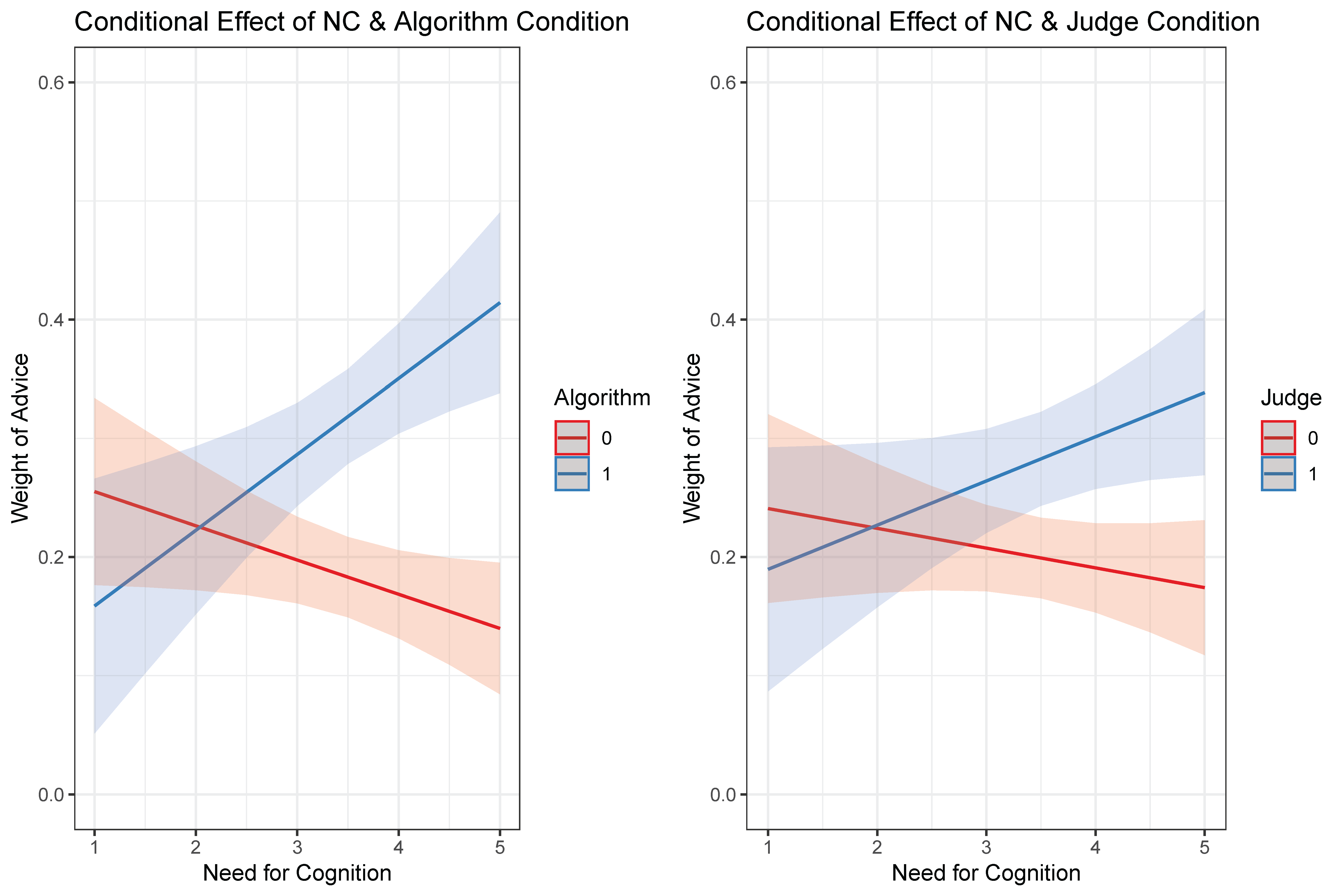The Role of Personality in Trust in Public Policy Automation
DOI:
https://doi.org/10.35566/jbds/v2n1/p4/Keywords:
Personality, Trust in automation, Public policy, Decision-makingAbstract
Algorithms play an increasingly important role in public policy decision-making. Despite this consequential role, little effort has been made to evaluate the extent to which people trust algorithms in decision-making, much less the personality characteristics associated with higher levels of trust. Such evaluations inform the widespread adoption and efficacy of algorithms in public policy decision-making. We explore the role of major personality inventories -- need for cognition, need to evaluate, the "Big 5" -- in shaping an individual's trust in public policy algorithms, specifically dealing with criminal justice sentencing. Through an original survey experiment, we find strong correlations between all personality types and general levels of trust in automation, as expected. Further, we uncovered evidence that need for cognition increases the weight given to advice from an algorithm relative to humans, and "agreeableness" decreases the distance between respondents' expectations and advice from a judge, relative to advice from a crowd.









